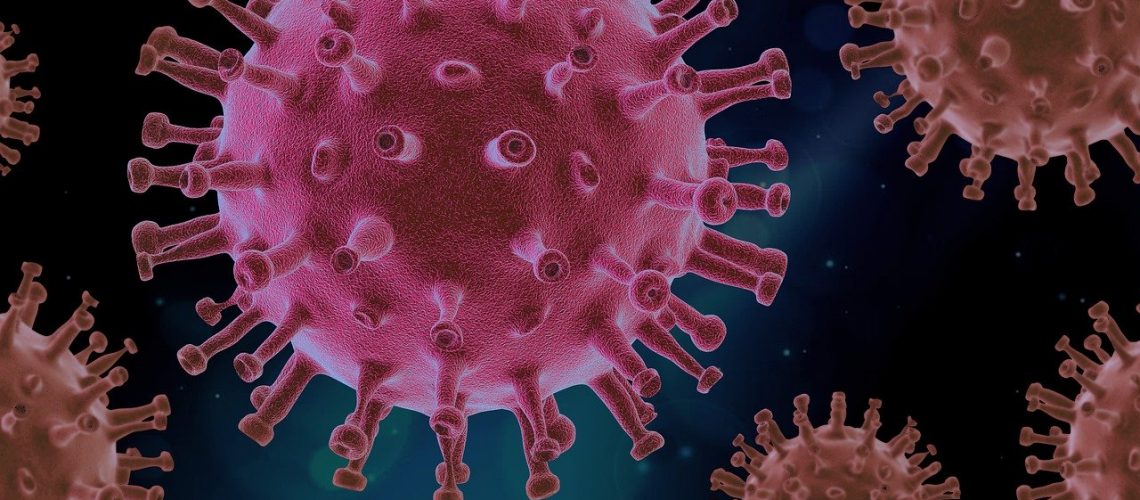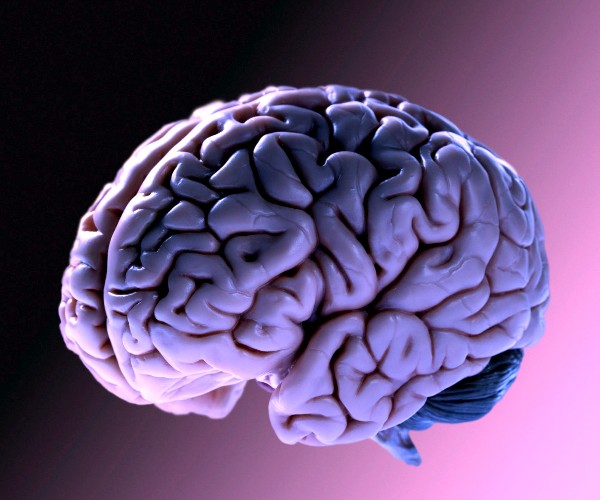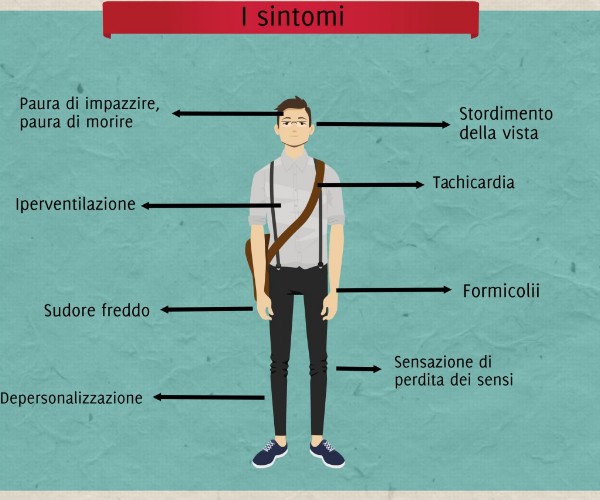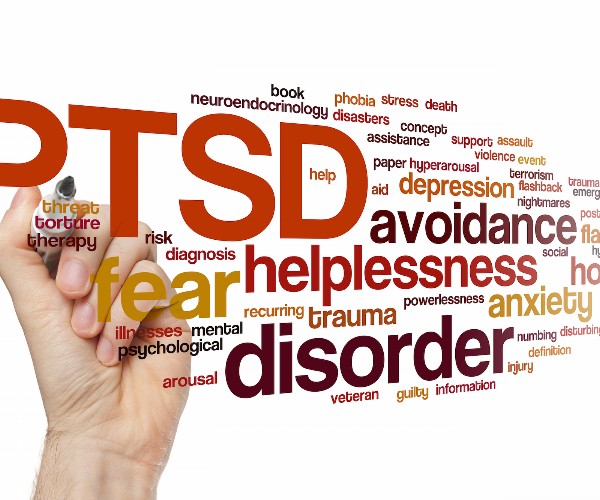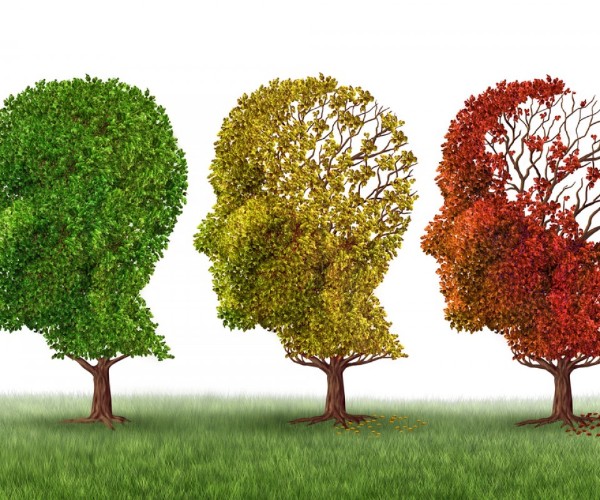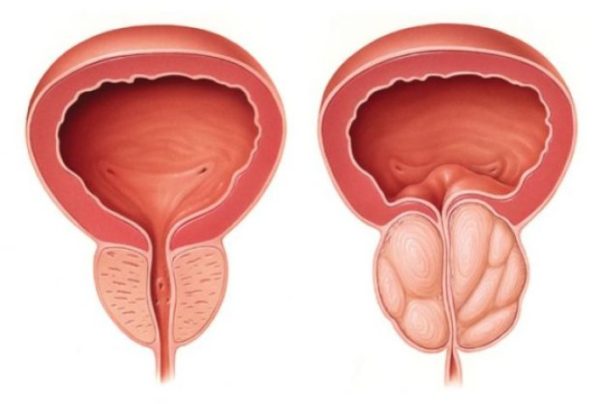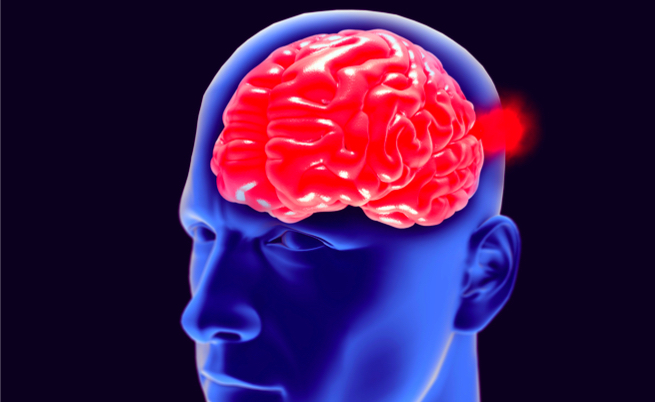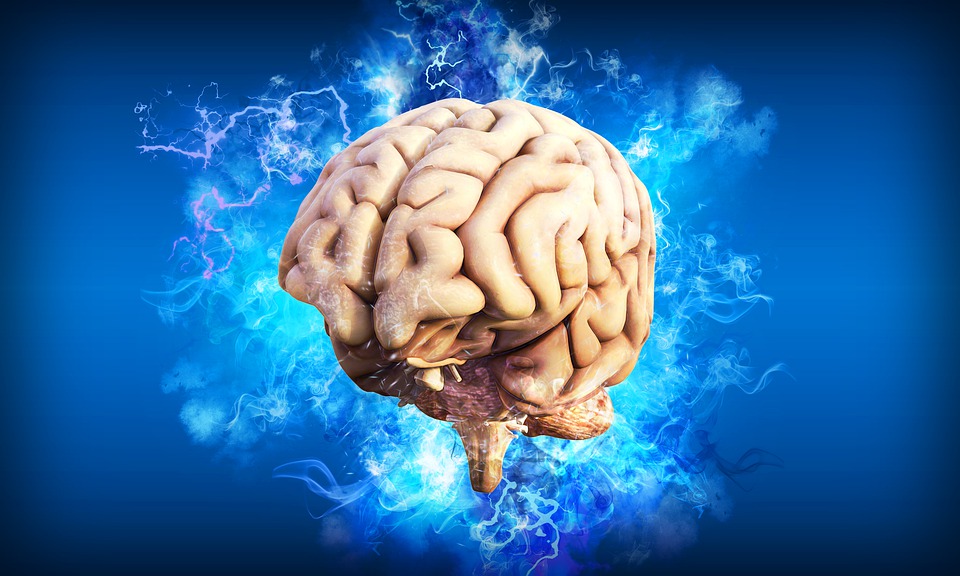Questions are beginning to be asked about the Psychological Interventions needed following the outbreak of COVID-19. In a recent Chinese study, published in China Lancet February 18, 2020 starting with just what the Chinese experience has been, it shows how in the face of the psychological needs of patients, family members and medical personnel, medical institutions and universities have opened online platforms to provide psychological support, but all in no particular order without an organization capable of planning, coordinating activities and connecting them. In particular, there was a lack of timeliness of diagnosis and follow-ups related to treatment and evaluation. Specifically, in reference to patients who have faced health emergency, all studies emphasize how stress disorders persist, to varying degrees, even after the event is over (after recovery or discharge from the hospital) and how they should therefore continue to be followed up.
It would therefore be necessary, in order to prepare specific intervention measures, to classify people in need of psychological intervention according to various factors including: the course of the illness, the severity of symptoms, and the place of treatment (being isolated at home has a psychological impact that is certainly different from being in an isolation ward in a hospital or intensive care unit).Another problem is the fact that psychiatrists, clinical psychologists and social workers are considered non-essential personnel in pandemic emergency management and are not part of the staff assigned to isolation wards.
Consequently, health workers working in infectious disease wards, already on the front lines and under great pressure, find themselves having to manage without specific training all the psychological interventions needed for patients. Similarly to people quarantined at home, health services staff are forced to provide mental health care alongside basic medical care, despite complicated procedures, very heavy workloads and lack of training in psychiatry or clinical psychology. It would therefore be essential, in order to deal with emotional distress and disorders caused by health emergencies such as epidemics, to provide for and operationalize the presence of a team of professionals composed of mental health personnel.





